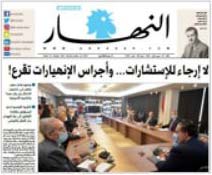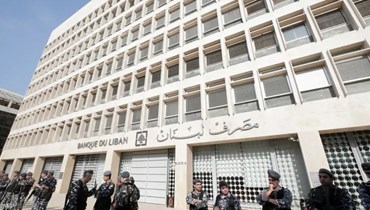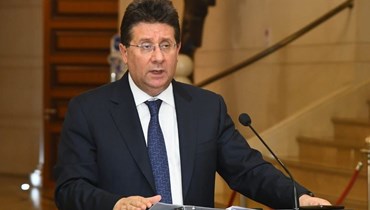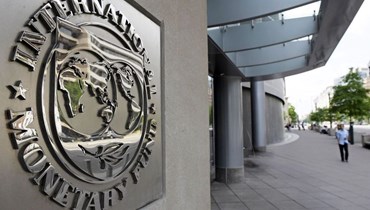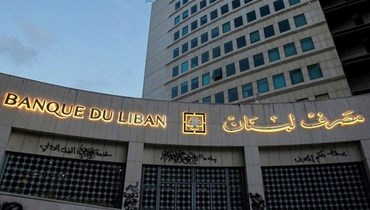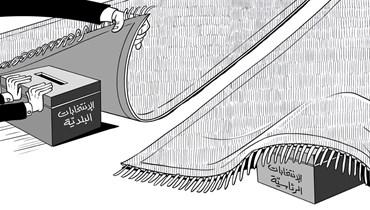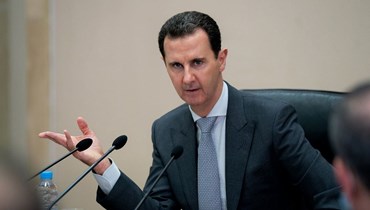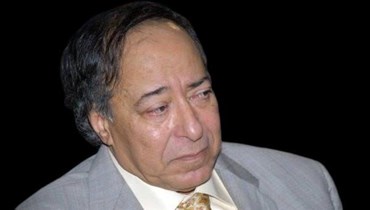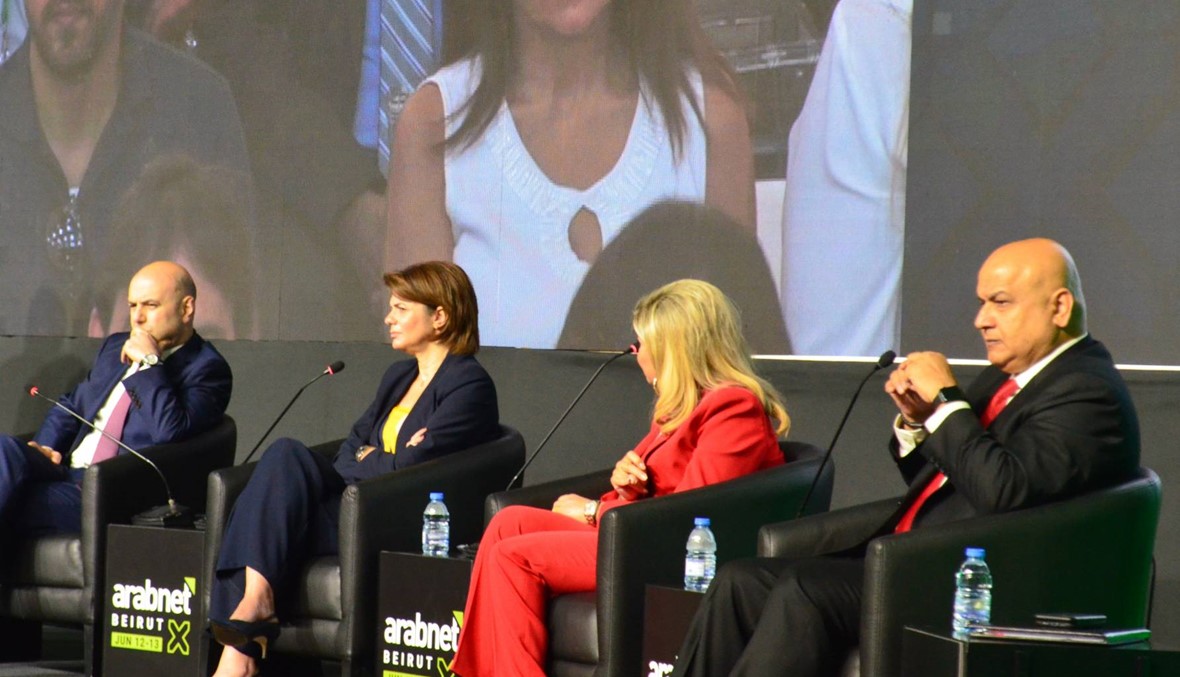Lebanese ministers promise electronic reform in first panel
BEIRUT: Arabnet X includes over 15 keynote sessions and panels, but none perhaps more important than the first panel which gathered three Lebanese ministers and one expert from the World Bank Group.
The panel, named “The Roadmap to a Digital Economy in Lebanon”, was organized in collaboration with the Office of the President of the Council of Ministers. It covered the government’s plan for digitization, from infrastructure and digital identity, to regulations and business incentives.
The speakers of the panel were Ghassan Hasbani, Deputy Prime Minister and Minister of Public Health, May Chidiac, Minister of State for Administrative Reform, Raya El Hassan, Minister of Interior and Municipalities and Saroj Kumar Jha, regional director of the Mashreq department at the World Bank Group.
Moderator Omar Christidis, who is the founder and CEO of Arabnet, kicked off the session by announcing he was “thrilled to share our ten year anniversary with all of you here.”
Arabnet had clarity of vision that technology will be the most powerful force in modern human history, Christidis continued, and that it will completely reshape the world as we know it. “However,” he said, “the MENA market is still fragmented...and we believe there is a pivotal role for the government to play as an enabler and as a regulator. Your Excellencies, I urge you not to compete with the private sector which is already flourishing, and to operate programs through partnerships with the private sector instead.”
“We’re a country that still needs significant development in the tech sector,” Hasbani said. “The first level is on the broadband side where we need proper [internet connection] and also proper privatization...another thing is changing the way we do business and changing the way we govern business to encourage more entrepreneurs and more investment. Last but not least is supporting entrepreneurs in Lebanon with regional and global market access.”
El Hassan agreed with Hasbani stating that, when it comes to digitization, the Ministry of Interior is still “in the twentieth century”, especially when it comes to implementing new or old laws passed by the government. She also called for leveraging and exploring the ICT resources outside of Beirut.
Chidiac had several announcements to make, including a new commercial register project and most importantly, a unified national ID paired with a unique digital ID that she said she is collaborating on with El Hassan and the Minitsry of Interior.
“We want to work seriously and secretly on this project so that we will have some good news to announce to the Lebanese citizens when we will be close to the parliamentary elections. This is a powerful tool for fighting corruption,” Chidiac said. “We’ve also identified the 29 different digital services that apply to all municipalities in Lebanon. We plan to develop and implement these services as part of our project.”
Chidiac added that the government employees have a lower level of digital competence than the average citizen which could be a challenge to implement new laws.
“We promise that the updated [egovernance] strategy will be ready between October and end of the year,” she said, committing herself to the audience.
Meanwhile El Hassan added her own commitment that citizens can now issue an “ekhraj kaid” from anywhere in Lebanon not just from their original hometown.
Jha was keen on focusing on the Lebanese talent which he said is often eclipsed by the “violence and conflict that we hear about in the region.”
Finally, the session concluded with Hasbani and El Hassan discussing the funding of the public sector’s e-governance and its challenges. The audience was also allowed to ask questions to the ministers.


 اشترِك في نشرتنا الإخبارية
اشترِك في نشرتنا الإخبارية


